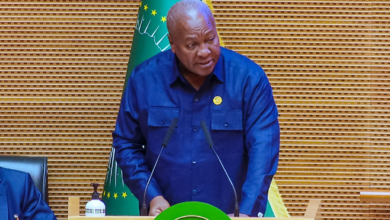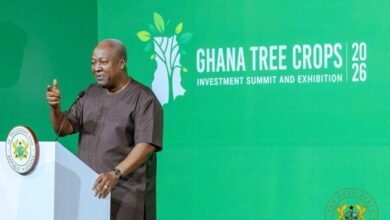From remittances to entrepreneurship : the impact of the diaspora on African development
Often seen as Africa’s 6th region, the diaspora plays a crucial role in the economic development of the continent. Increasingly, this community of "two shores" entrepreneurs is mobilizing considerable funds and creating innovative solutions that meet the specific needs of their home countries.

In 2000, Thabo Mbeki, former President of South Africa, announced that the 21st century would be Africa’s. Current circumstances only validate his statement as the continent is more than ever at the heart of global geopolitical and economic issues. In his famous speech, “Renaissance”—more than a speech, really an “appeal”—he urged his peers to capitalize on the diaspora. Talents scattered across the globe whose skills must benefit the continent. “There is an urgent need to share knowledge between Africa and the diaspora and to cooperate economically,” he stated. In other words, knowledge sharing is needed to strengthen development. “If we are able to better collaborate with Africans in the diaspora, using the capacities and skills that many of them have, several of these programs can be accomplished more quickly and efficiently… the vision of an African renaissance will become a reality.”
If we are able to better collaborate with Africans in the diaspora, using the capacities and skills that many of them have… the vision of an African renaissance will become a reality
—Thabo Mbeki

Between 7% and 10% of African countries’ GDP
Since then, it is clear that this diaspora—between 170 million and 350 million people depending on the definitions used, with the largest residing in Europe—has attracted increasing interest. It is sought after by both public officials on the continent and in host countries, for several reasons, starting with its economic weight. It is no longer necessary to remind that for several years, the funds sent by the diaspora to their families back home have represented three to four times the amount of development aid.

The figures speak for themselves: In 2023, according to World Bank data, remittances to sub-Saharan Africa amounted to $54 billion. These remittances remain crucial for the external financing of developing countries, representing between 7% and 10% of the GDP of different countries, and exceeding 20% in nations like Cape Verde and The Gambia.
The diaspora thus appears as a key player in the development of their home countries. Hence, the interest of these nations. Morocco, for example, has set up a ministry dedicated to Moroccans living abroad (MRE) and a series of tools to inform and support them, as well as to better capitalize on these funds. However, while these remittances primarily serve to meet basic needs (consumption, rent, education, health), only 10% of remittances are invested in projects or savings products in Africa. Now, for the sons and daughters of the continent, the challenge is to act more sustainably in development, particularly through entrepreneurship.
At the heart of their entrepreneurial projects, and their success, is the desire to respond to a need expressed by the diaspora or the continent
Entrepreneurs as drivers of change

Diaspora entrepreneurs do not just send money home; they also engage in concrete projects aimed at addressing the continent’s needs. According to a study by the Presidential Council for Africa, 71% of French people of African descent would be willing to get involved in initiatives related to their country of origin, with the rate reaching 76% among young people aged 18 to 24.
Armed with their dual expertise, skills acquired internationally, and mastery of the local context, they are increasingly developing and proposing innovative solutions, driven by the continent’s economic growth and the digitalization of the economy. Media, fintech, agribusiness, health, education, sustainable development, services… At the heart of their entrepreneurial projects, and their success, is the desire to respond to a need expressed by the diaspora or the continent. Another distinctive feature is that they do not limit themselves to their country of origin but adopt a regional or even continental approach.
Less than 10% of remittances are invested in projects or savings products in Africa
A recognized and supported potential
This potential is now recognized, particularly in France. In his Ouagadougou speech, President Emmanuel Macron expressed his intention to rely on diaspora entrepreneurs to “reinvent France’s relations with African countries.” Several programs have since been implemented to support them in their entrepreneurial ambitions, such as Meet Africa, a program initiated by Expertise France that aims to support diaspora entrepreneurs by providing them with the necessary tools to launch and develop their projects on the continent, including funding aspects. A major challenge remains: less than 10% of remittances are invested in projects or savings products in Africa. This underscores the need to encourage sustainable investments that go beyond mere consumption to foster long-term economic development.






